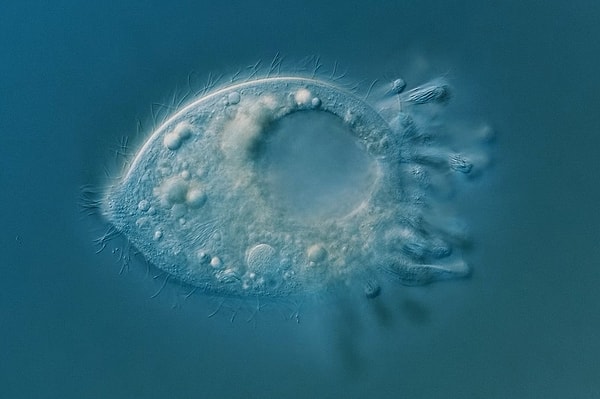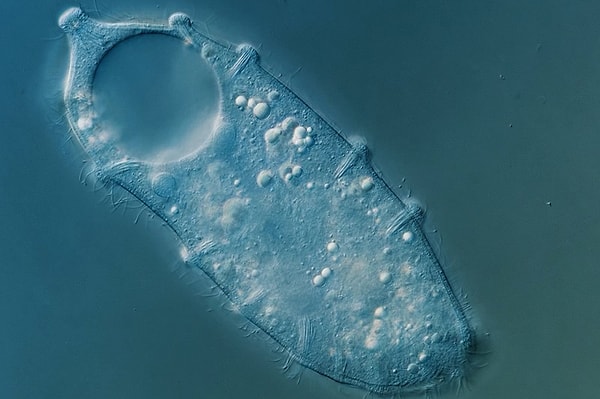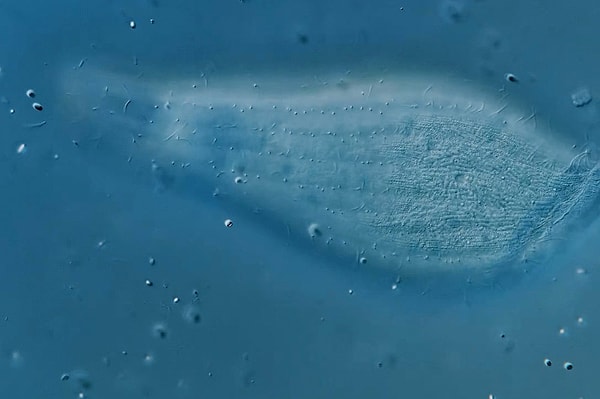Discovery Of Rare Microbe Species Expands Tree Of Life
Scientists have discovered a microscopic species and it turned out to be rare. This particular species of microbe is so elusive that it has only been discovered four times since 1908!

Image credit: Bournemouth University
This species of anaerobic cilia is called Legendrea loyezae, and it has been discovered only four times including the recent discovery. The discovery of the legendary microbe was made possible by two genius scientists; Bournemouth University Professor Genoveva Esteban and James Weiss, a solo scientist in Poland.
“Biodiversity at a microscopic level is not as widely understood as other areas of nature, despite the fact that whole ecosystems depend on it,” Esteban explained.
“Some of these species are completely new and others have not been seen for over a century. We documented many curious behaviors on them and carried out a DNA analysis of them for the first time. This means we can understand more about their relationships with other microbes and find new branches for them on the tree of life,” he added.

Professor Esteban and James Weiss never had the opportunity to meet in person. Their discovery of this particular species is already groundbreaking, so imagine what more they could discover if they worked together in a laboratory! As highly skilled scientists, their scientific breakthrough will serve as a reminder for aspiring microbiologists that nothing is impossible through hard work and sheer determination.
“We don’t know what this organism is named after; the 100-plus-years-old French description doesn’t include the origin of the name but we suspect that it was after a person since “Legendre” is a common French surname,” Professor Esteban said regarding the name of the species.

The scientist duo also discovered a new species of Lacerus, which means “having irregular edges” because of its serrated appearance, and a new Apertospathula, which means “ventral mouth opening”.
Both of these newly discovered species have yet to be named, but Weiss hopes to do so with modern fantasy references that will pique the interest of individuals of all ages.
“Most organisms on the tree of life are microscopic. In fact, most life on Earth is and has always been microscopic. Microorganisms were the first predators on Earth, their greedy appetites were one of the leading factors of the evolution of more complex life in the early ages of Earth,” Weiss explained.
“As prey developed better defences, predators needed to develop better ways of catching them. After the evolution of multicellular, complex life they became the main food source for others such as krill and plankton, which in turn are food for larger species. If the organisms at the very bottom were removed, all other parts of the food chain above them would collapse too,” he added.

For eighteen months, the pair probed countless samples from aquatic environments, primarily in Poland but also around the world.
James Weiss actually has several social media channels about microbes, and is an ardent fan of Professor Esteban's work. Weiss took a different career until he and Professor Esteban's mutual interest in ciliates managed to bring them together.
Keşfet ile ziyaret ettiğin tüm kategorileri tek akışta gör!


Send Comment